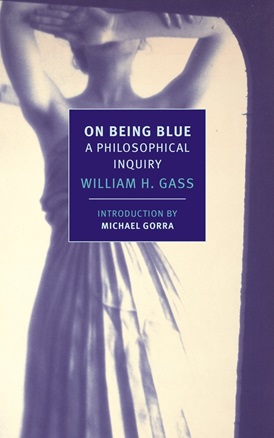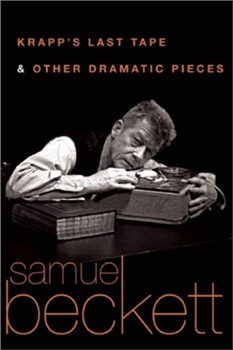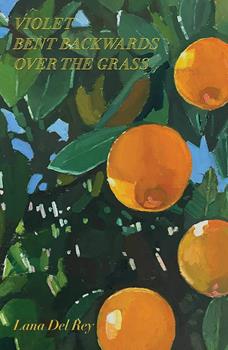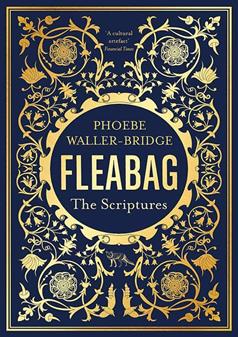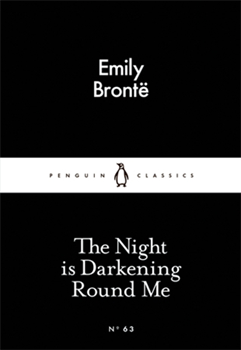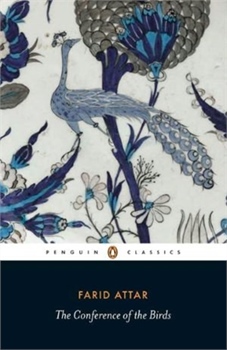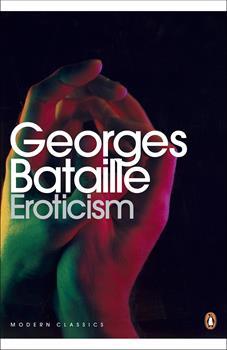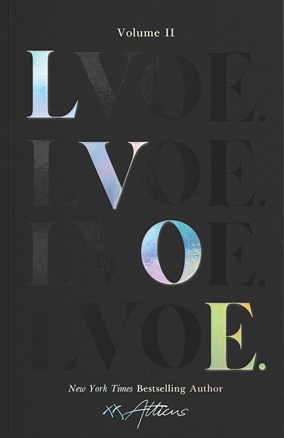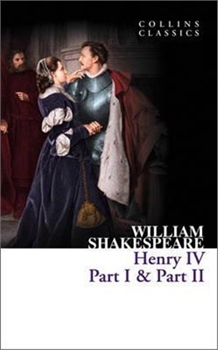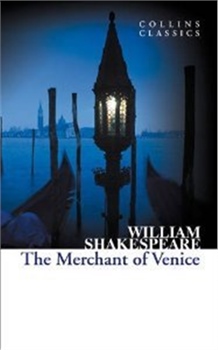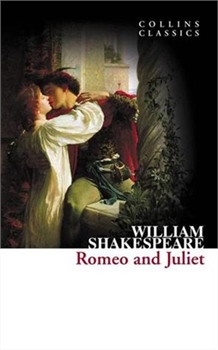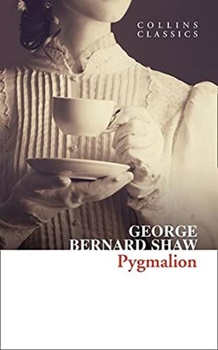Description
On Being Blue is a book about everything blue—sex and sleaze and sadness, among other things—and about everything else. It brings us the world in a word as only William H. Gass, among contemporary American writers, can do.
Gass writes:
Of the colors, blue and green have the greatest emotional range. Sad reds and melancholy yellows are difficult to turn up. Among the ancient elements, blue occurs everywhere: in ice and water, in the flame as purely as in the flower, overhead and inside caves, covering fruit and oozing out of clay. Although green enlivens the earth and mixes in the ocean, and we find it, copperish, in fire; green air, green skies, are rare. Gray and brown are widely distributed, but there are no joyful swatches of either, or any of exuberant black, sullen pink, or acquiescent orange. Blue is therefore most suitable as the color of interior life. Whether slick light sharp high bright thin quick sour new and cool or low deep sweet dark soft slow smooth heavy old and warm: blue moves easily among them all, and all profoundly qualify our states of feeling.
About the Author
William Howard Gass was an American novelist, short story writer, essayist, critic, and former philosophy professor.Gass was born in Fargo, North Dakota. Soon after his birth, his family moved to Warren, Ohio, where he attended local schools. He has described his childhood as an unhappy one, with an abusive, racist father and a passive, alcoholic mother; critics would later cite his characters as having these same qualities.He attended Wesleyan University, then served as an Ensign in the Navy during World War II, a period he describes as perhaps the worst of his life. He earned his A.B. in philosophy from Kenyon College in 1947, then his Ph.D. in philosophy from Cornell University in 1954, where he studied under Max Black. His dissertation, "A Philosophical Investigation of Metaphor", was based on his training as a philosopher of language. In graduate school Gass read the work of Gertrude Stein, who influenced his writing experiments.Gass taught at The College of Wooster, Purdue University, and Washington University in St. Louis, where he was a professor of philosophy (1969 - 1978) and the David May Distinguished University Professor in the Humanities (1979 - 1999). His colleagues there have included the writers Stanley Elkin, Howard Nemerov (1988 Poet Laureate of the United States), and Mona Van Duyn (1992 Poet Laureate). Since 2000, Gass has been the David May Distinguished University Professor Emeritus in the Humanities.Earning a living for himself and his family from university teaching, Gass began to publish stories that were selected for inclusion in The Best American Short Stories of 1959, 1961, 1962, 1968 and 1980, as well as Two Hundred Years of Great American Short Stories. His first novel, Omensetter's Luck, about life in a small town in Ohio in the 1890s, was published in 1966. Critics praised his linguistic virtuosity, establishing him as an important writer of fiction. In 1968 he published In the Heart of the Heart of the Country, five stories dramatizing the theme of human isolation and the difficulty of love. Three years later Gass wrote Willie Masters' Lonesome Wife, an experimental novella illustrated with photographs and typographical constructs intended to help readers free themselves from the linear conventions of narrative. He has also published several collections of essays, including On Being Blue (1976) and Finding a Form (1996). His latest work of fiction, Cartesian Sonata and Other Novellas, was published in 1998. His work has also appeared in The Best American Essays collections of 1986, 1992, and 2000.Gass has cited the anger he felt during his childhood as a major influence on his work, even stating that he writes "to get even." Despite his prolific output, he has said that writing is difficult for him. In fact, his epic novel The Tunnel, published in 1995, took Gass 26 years to compose. An unabridged audio version of The Tunnel was released in 2006, with Gass reading the novel himself.When writing, Gass typically devotes enormous attention to the construction of sentences, arguing their importance as the basis of his work. His prose has been described as flashy, difficult, edgy, masterful, inventive, and musical. Steven Moore, writing in The Washington Post has called Gass "the finest prose stylist in America." Much of Gass' work is metafictional.Gass has received many awards and honors, including grants from the Rockefeller Foundation in 1965, the Solomon R. Guggenheim Foundation in 1970. He won the Pushcart Prize awards in 1976, 1983, 1987, and 1992, and in 1994 he received the Mark Twain Award for Distinguished Contribution to the Literature of the Midwest. He has teaching awards from Purdue University and Washington University; in 1968 the Chicago Tribune Award as One of the Ten Best Teachers in the Big Ten. He was a Getty Foundation Fellow in 1991-1992. He received the Lannan Lifetime Achievement Award in 1997; and the American Book Award for The
